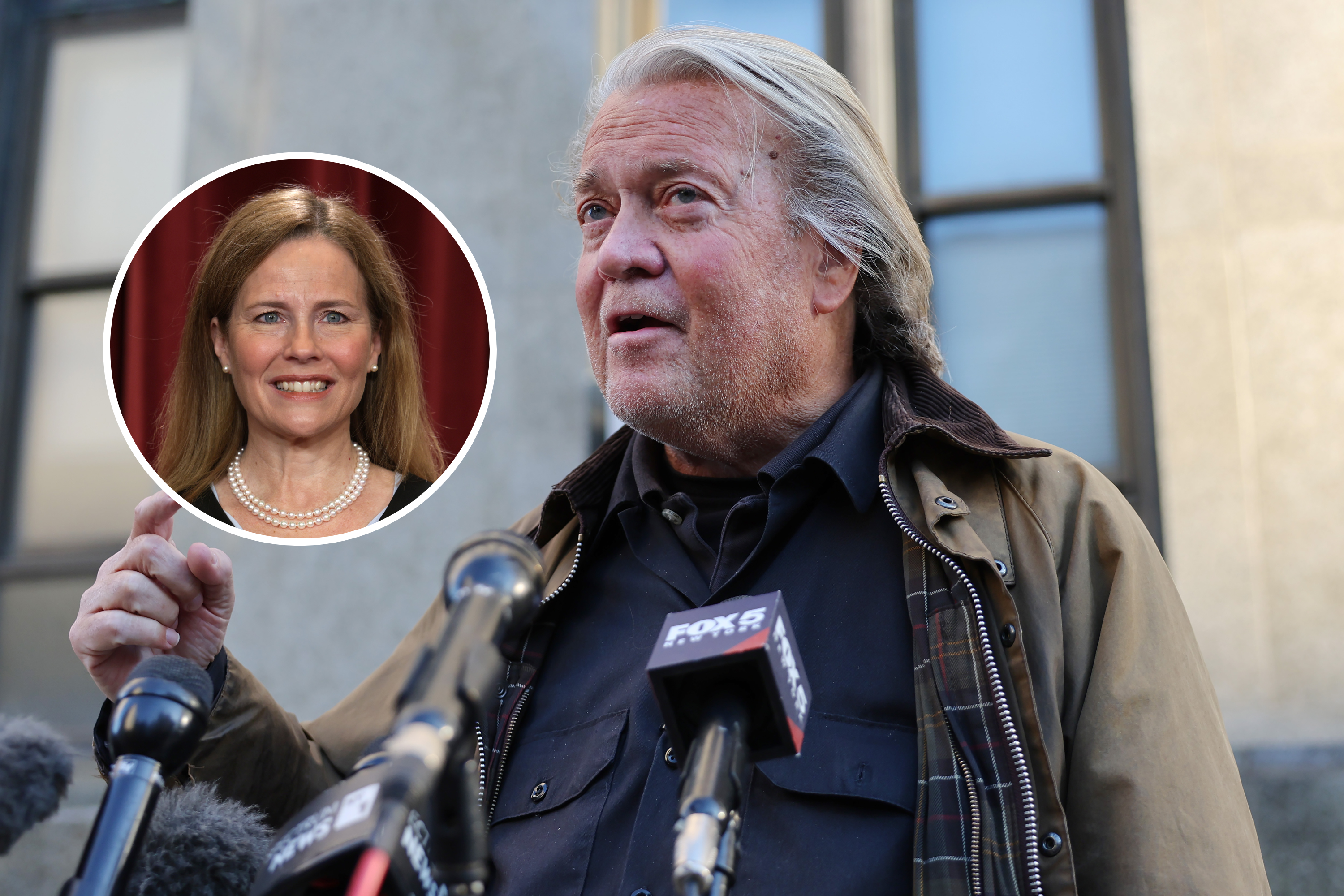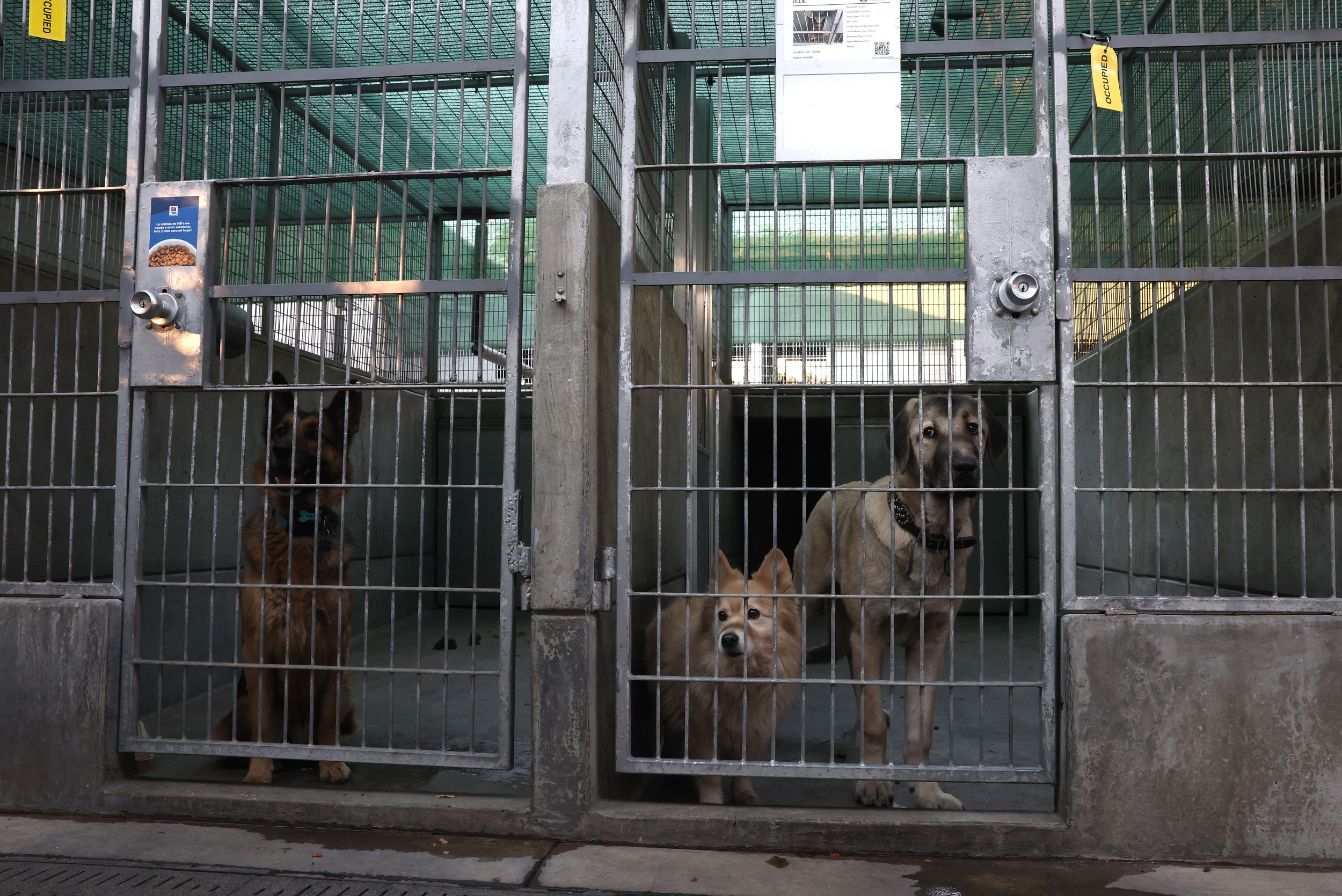Davines Group is an Italian, family-owned B-Corp beauty company that specializes in sustainable haircare and skin care products.
Decoupling growth from environmental impact: Why is this such an important part of Davines Group's long-term strategy?
Decoupling growth from environmental impact is critical because companies that aim for growth must also have a moral responsibility to grow responsibly. This means not just focusing on shareholders but considering all stakeholders, including society and the environment. We believe that companies should earn the right to grow by committing to a regenerative approach that respects the planet and its resources. We have realized through our interactions with larger corporations that many do not share the same values as B Corps, where the focus is on doing our best for the world, not just in it.
What is regenerative organic farming, and how can it be effectively implemented in a way that does not impact your bottom line?
Regenerative organic farming* is one of the strictest agricultural practices, prohibiting the use of synthetic fertilizers, fungicides and herbicides. Instead, it relies on natural methods to promote soil health and biodiversity. Practices like low tillage, cover crops and crop rotation are key to maintaining the soil's ecosystem and sustaining environmental services in agriculture. This approach has a significant impact on biodiversity and the long-term health of the planet. We believe financial success can be achieved through sustainable practices. Through our European Regenerative Organic Center (EROC) in Parma, founded in partnership with Rodale Institute, we aim to prove that regenerative farming can be both environmentally responsible and profitable, and we offer tools to help other companies measure and improve their sustainability efforts.

Jeff Tkach, CEO, Rodale Institute.
You were recently at Climate Week NYC speaking to the power of the B Corp movement and what an effective triple bottom line—which measures people, planet and profit—looks like. Do you believe promoting the B Corp movement is a losing battle?
The B Corp movement originated in the United States, founded by entrepreneurs who sought a responsible way to do business without harming society or the environment. However, when engaging with large corporations, especially publicly traded ones, transforming into a B Corp can be a lengthy process, requiring approval from boards and investors. Some large companies have taken steps by certifying certain brands as B Corps, which helps open the conversation and gradually shifts corporate culture toward sustainability. But convincing large corporations of the benefits of the B Corp model is a slow process that requires persistence.
How are you addressing your target to reduce virgin fossil packaging to just 10 percent by 2030, and what advice do you have for other beauty companies when sourcing more sustainable packaging?
Our packaging strategy focuses on eco-design principles, with aims to reduce the use of virgin plastic. Currently, two-thirds of our plastic is non-virgin, and we are working toward increasing that to 90 percent. However, the cost of recycled, food-grade plastic is double that of virgin plastic, making it a challenging but necessary investment. We are also committed to compensating for our plastic production by collecting plastic waste from countries with poor recycling infrastructure. The beauty industry faces challenges in recycling plastics but as consumer awareness grows, there should be increased appetite from the beauty industry to adopt sustainable practices like refills and reverse logistics.
You have partnered with 50,000 salons globally to help with their sustainability agenda. It is hard enough to build a successful business so how are they responding to your sustainability initiatives?
We strongly believe in the importance of bringing our network of clients, both salons and spas, on board with sustainability efforts—in line with our values as a B Corp. Today, though pursuing sustainability might be expensive and not always an easy choice, we aim to raise awareness among our community around the urgency to switch from the current extractive economic model to a regenerative one. To do so, we are working on guidelines to help salons and spas become more sustainable, and this is a priority in our environmental program to 2030.
Italians' respect for their land and ingredients is something I deeply admire. Given that you are in the beauty business, how important is it to create products that are deeply rooted in respect for the land and environment?
Our respect for the land is reflected in how we approach regenerative organic farming. Treating agriculture and animals well directly impacts the quality of our product. In Italy, we strongly believe that well-cared-for ingredients, especially food, produce richer, more flavorful results compared to mass-produced alternatives that often lack depth.
On a more philosophical level, I have always been inspired by Bhutan's Gross National Happiness (GNH), which shifts the focus from GDP to well-being. This mirrors our approach, where we prioritize happiness and holistic well-being over pure profit. It is not just about financial gain but also about the positive impact we have on people's lives and the environment. While GDP remains the global standard, we are encouraging a broader view of success that values sustainability and well-being alongside economic growth.
As we look toward 2030, what kind of world do you expect to see?
By 2030, I envision a world that is less divided by borders and flags, with greater alignment on global issues such as sustainability and climate change. The principle of radical interdependence, central to the B Corp philosophy, recognizes that all nations, races, and religions are interconnected within a single living ecosystem—planet Earth. Thinkers and environmentalists like James Lovelock and David Attenborough have long inspired me, and I hope for a future where radical interdependence drives collective action to create a more harmonious and sustainable world for future generations.
This article has been paid for by a third party. The views and opinions expressed are not those of Newsweek and are not an endorsement of the products, services or persons mentioned.




















 English (US) ·
English (US) ·